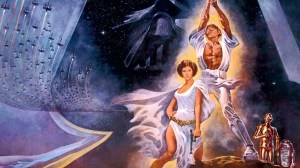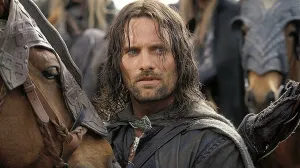TV horror has come a long way, and Ryan Murphy has played a huge part in shaping it. While he’s dabbled in all kinds of genres over his career, it’s in creating atmosphere and a dark, moody vibe that the showrunner really stands out. From American Horror Story to his other, more offbeat projects, there’s no denying he has a unique talent for mixing scares, over-the-top visuals, and characters you love to hate. Sure, not every project lands the same way or will please everyone, but the fact is that Murphy always delivers something that grabs your attention: sometimes you love it, sometimes it drives you nuts, but you rarely ignore it.
Videos by ComicBook.com
If you’ve watched any of his horror shows, you know that expecting the unexpected is part of the deal. And if you haven’t seen all of them yet, this list will show you where to start and what’s really worth binging. Here’s every Ryan Murphy horror series, ranked.
7) The Watcher
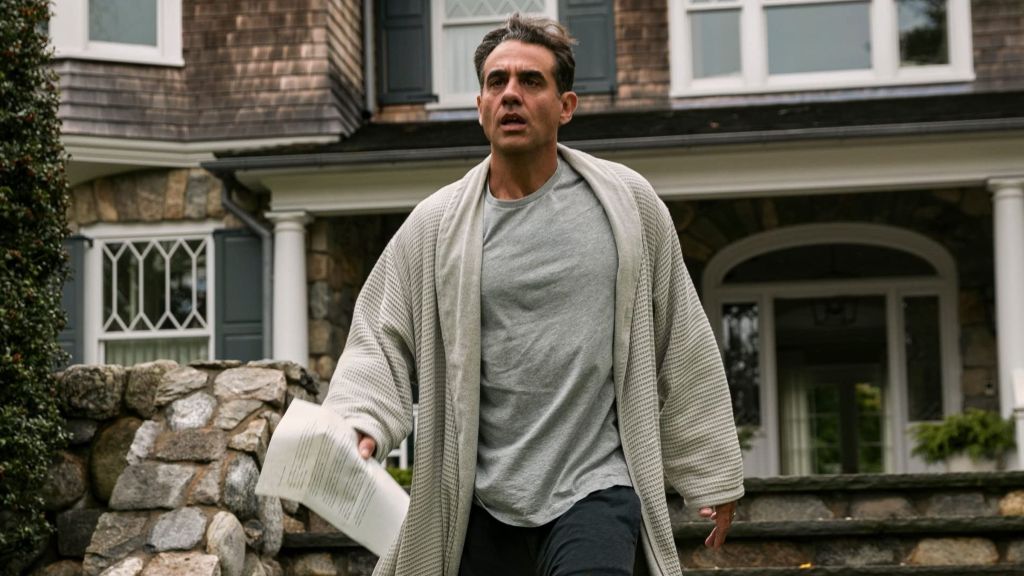
Murphy has always tried to explore different sides of horror, and with The Watcher, he aimed for a psychological thriller. Is it good? Yes, but it’s far from sharp. The premise is solid: a family moves into a perfect house and starts receiving creepy letters from a mysterious “watcher.” You can tell right away there’s tension, but the writing can be a bit sloppy at times. It feels more like the show is focused on creating suspenseful moments than actually telling a coherent story (no wonder the criticism mostly targets the script).
Also, the series has a great cast, but that doesn’t help much when the plot jumps all over the place and leaves more questions than answers. Is The Watcher worth watching? Sure, but if you’re expecting a tight, well-crafted thriller, it doesn’t quite hold up — which is why it lands where it does on this ranking. It feels promising at first, but in the end, you might walk away feeling unsatisfied. It’s entertaining enough to watch, but honestly, it’s not particularly memorable compared to the rest of Murphy’s catalog.
6) Grotesquerie
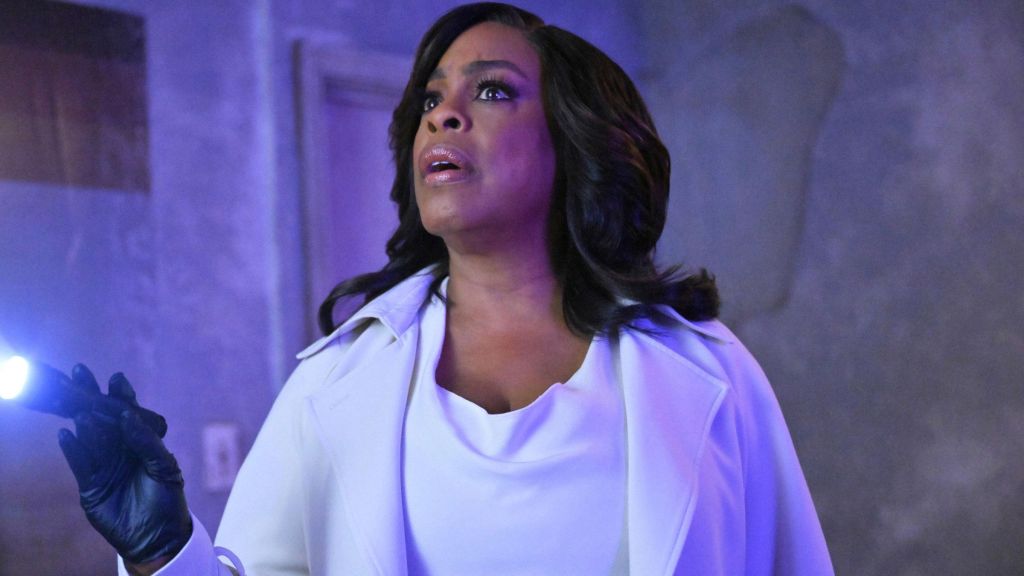
Here, unlike The Watcher, it’s more about cramming a lot of things at once. Grotesquerie revolves around a town plagued by strange murders and religious fanaticism, with characters who are intense to the point of being overwhelming as they try to deal with it all. There’s blood, a heavy, oppressive atmosphere, and some standout performances, but the biggest issue is the tangled script and the pacing, which is uneven at times. It’s visually stunning, at least, but yes, looks alone aren’t enough to make it a great show.
Grotesquerie works more as a style-driven experience than a content-driven one. When it hits, it’s tense and visually striking; when it misses, you can feel completely lost, unsure of where the story is going or what it’s even trying to achieve. If you prioritize stylized, slightly disorienting horror, it’s a solid watch. And for fans already familiar with Murphy’s signature style, it’s easier to get into. That’s really why it lands here on the list — because love it or hate it, it’s undeniably a representation of his brand.
5) Monster
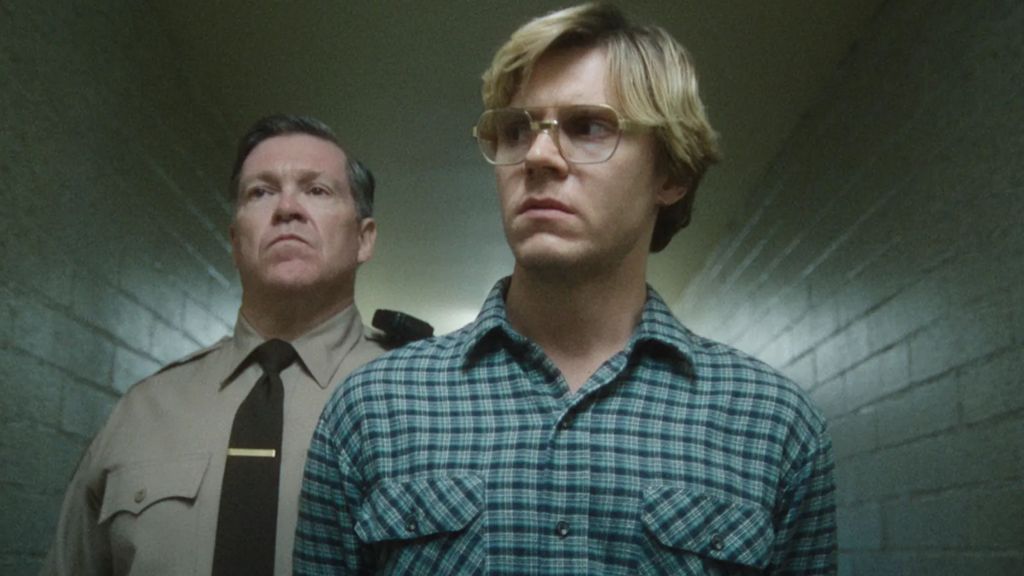
Murphy’s most controversial production is Monster. In an anthology format, each season tackles a real-life murder case, starting with Jeffrey Dahmer, moving to the Menéndez brothers, and even Ed Gein — and the result can be compelling, but also pretty uncomfortable. The series, now heading into its fourth season, doesn’t shy away from going deep into the details. The success of the first season proved the format’s appeal, but it also sparked debates about how much the show glamorizes horror. And the following seasons haven’t quite managed to balance narrative tension and purpose the same way.
Disturbing, direct, and often unsettling, the show has been called sensationalist, as if Murphy isn’t sure whether he wants to critique or just shock. Sometimes the intent seems to be exploring the killer’s twisted mind, but then viewers feel the show isn’t really aiming for accuracy. And when this perception carries over multiple seasons, it becomes a problem — these are real-life events that require careful handling. Monster succeeds as realistic horror, but it leans more on discomfort than psychological terror or refined storytelling. Ideally, a series should be remembered for coherence, not controversy.
4) American Horror Stories
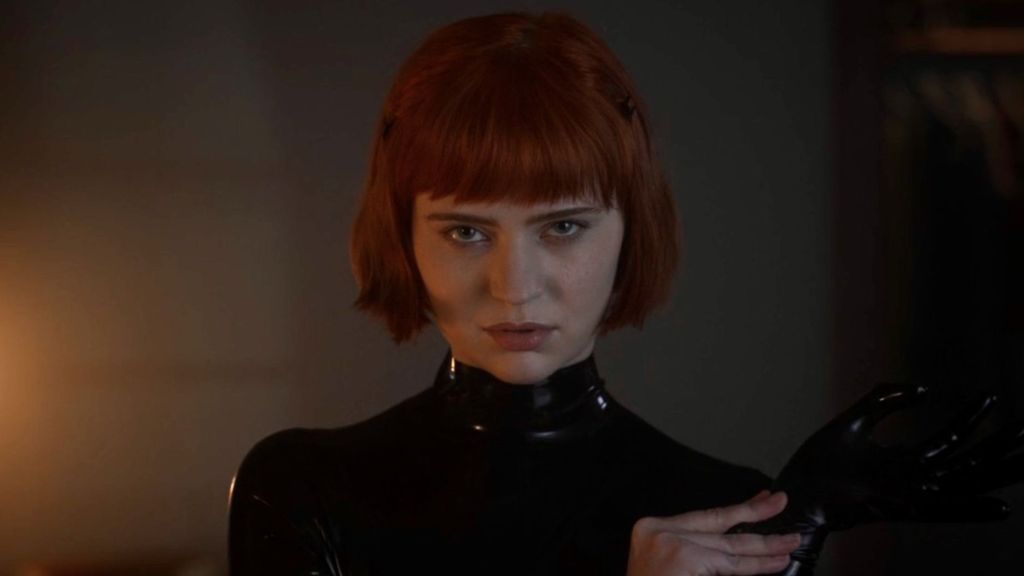
Murphy decided to take his biggest hit and spin it off. American Horror Stories takes the concept of American Horror Story and applies it in smaller doses, with standalone episodes that explore horror ideas without worrying about continuity. And sure, some episodes work as mini modern horror classics, but others are forgettable. The biggest perk is that you never know what’s coming next, but the downside is that you don’t always care about the results. This is more of a complement to the original series — basically fan service.
Overall, American Horror Stories is fun, experimental, and will please the fans. It’s a good show to watch if you want a bit more of the original series, but it’s not something you can binge or expect to be deeply impactful as a proper horror series. Think of it like a buffet: there are great dishes, but plenty you’ll skip. It’s for people who enjoy curiosities, not for those looking for something consistent or emotionally gripping. It lands here because, at least in what it sets out to do, it delivers.
3) Ratched
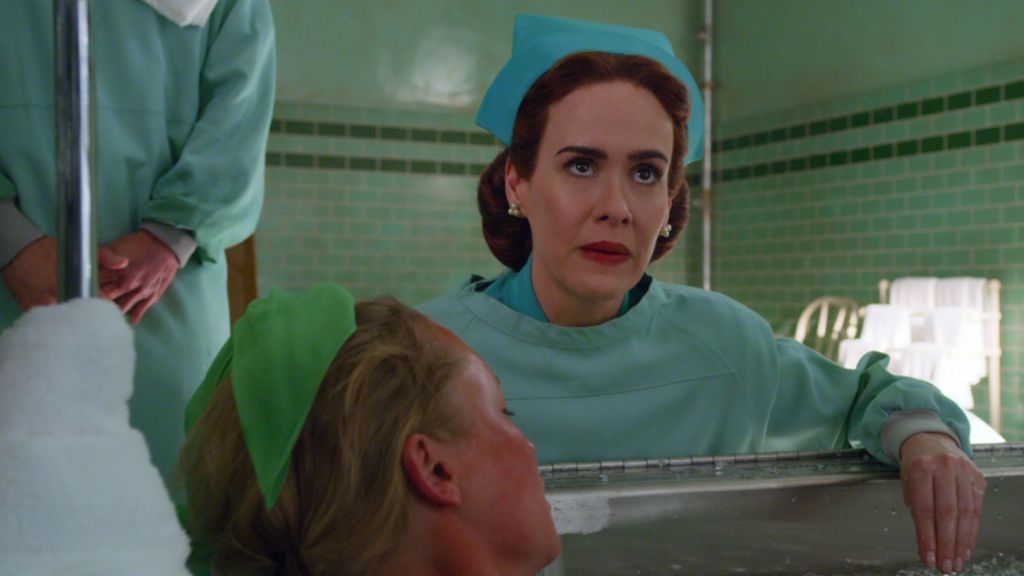
The top 3 is one of Murphy’s most underrated shows. Ratched explores the origin of the infamous Nurse Mildred Ratched (the villain from One Flew Over the Cuckoo’s Nest) in a ’40s psychiatric hospital, showing her cold, calculated rise. As usual with the showrunner, the cast delivers, but here Sarah Paulson really steals the show: she’s the one creating the atmosphere, combining charm and a fascinating sense of threat that pulls viewers in. Overall, the series knows how to build tension and discomfort, blending psychological horror with drama through a well-constructed protagonist arc.
Plus, the show impresses visually (since that’s Murphy’s style), although it really tries to go beyond the visuals — but that’s where it stumbles a bit. Ratched can get a bit lost in some of its more over-the-top subplots, even if those are also what give the world depth. It might not be for everyone, and critics have noted that, but it’s still one of the most “Murphy” shows out there: exaggerated, ambiguous, and stylized to the max. Even without perfect balance, it’s a clear example of how he turns aesthetics into language, and language into spectacle. It’s a full package.
2) Scream Queens

One of Murphy’s best bets was Scream Queens, and that’s because it was not meant to be taken seriously — and that’s its biggest strength. Almost a satire, it blends comedy and horror on a college campus full of fraternities and sororities, all while a masked killer is on the loose. The performances are over-the-top, but that’s intentional. The show fully embraces the absurd with total confidence, making everything both funny and violent at the same time. It’s nothing like Scary Movie, for example, because it still has a certain sense of weight. It’s just about playing the genre the right way.
Scream Queens isn’t scary in the classic sense, and it doesn’t have the dark depth of the showrunner’s top horror productions, but it works as pure entertainment. The deaths are comically outrageous, the dialogue is sarcastic, and the result is a chaotic, fun ride. Ultimately, the series is smart in how it tears apart horror clichés. And anything that knows how to reinvent itself usually hits hard. It’s a bold production, right within the limits that Murphy’s fans would appreciate.
1) American Horror Story
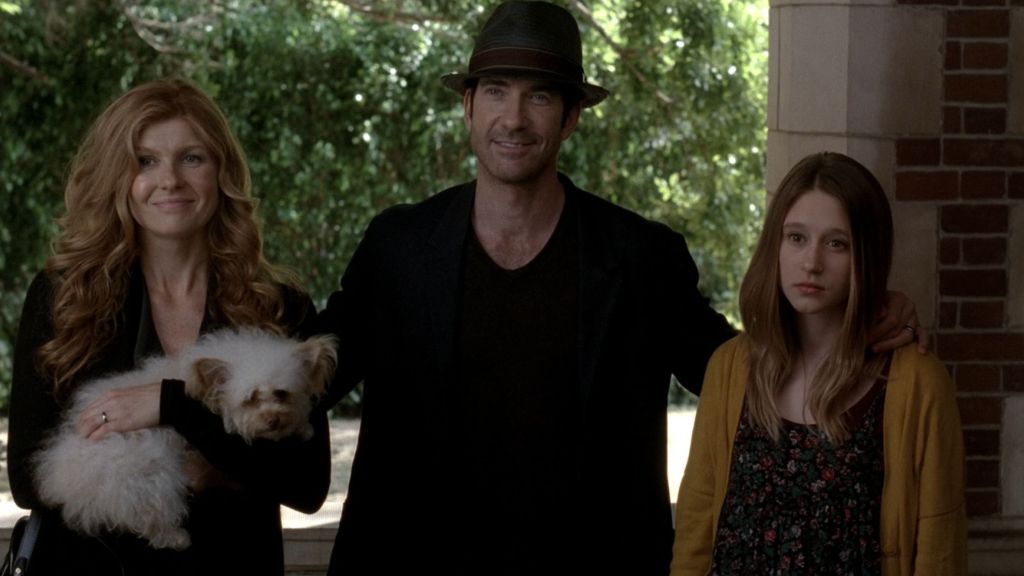
Murphy’s flagship series is American Horror Story, and that’s undeniable for good reasons. The anthology has defined TV horror, and is constantly reinventing itself as each season tackles different themes like haunted houses, asylums, hotels, or apocalypses. Besides, it has always seemed fully aware of what its audience wanted, creating its own unique essence and aesthetic (which the showrunner has maintained over the years, no matter the story being told). Some seasons are obviously stronger than others, but the cultural impact and overall consistency of the show are indisputable. It’s his most ambitious and recognizable project.
It’s hard for any other production to top American Horror Story, because it’s everything Murphy does best, with a balance many of his other series lack: shock, social commentary, and pure entertainment. The show defined the genre not only by experimenting with TV formats, but also by understanding exactly what horror fans wanted to see. Here, Murphy proved himself a visionary. It’s bold, iconic, and capable of hooking viewers from the very first episode of each season.
Have you watched any of Ryan Murphy’s series? Which one’s your favorite? Let us know in the comments!



